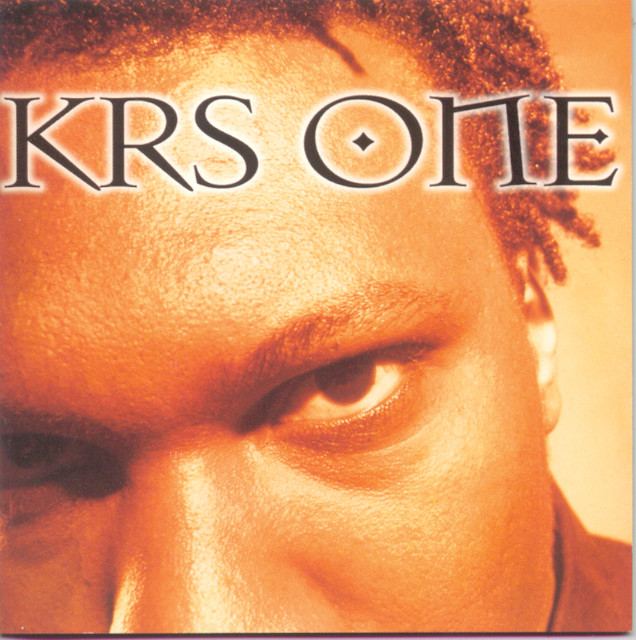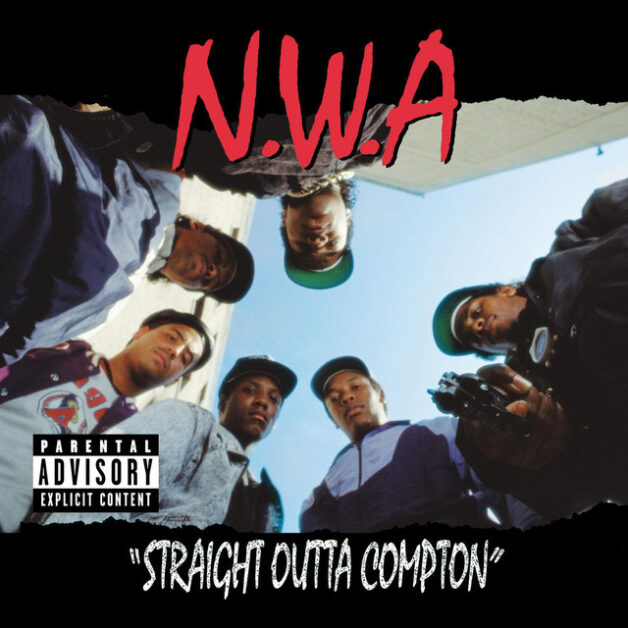“Black Cop,” KRS-One

From the initial drop of its classic boombap beat, KRS-One’s anthem “Black Cop” one knows that the song is epic and choc with profundity.
By outlining the complicated relationship that the Black community has with America’s law enforcement structures, from the hiring of people of color to police other people of color, to its origins rooted in the overseer role on the plantation, the song schools the uninformed listener about the fears, distrusts and anxieties the Black cop causes the people.
In a thick patois executed rhymically over a dance hall groove, Kris Parker says, “Thirty years ago, there were no Black cops, You couldn’t even run, drive round the block. Recently police trained Black cop … to stand on the corner, and take gunshot. This type of warfare isn’t new or a shock. It’s Black on Black crime again nonstop.”
When the song was released in 1993, a pinnacle year in the horrific American crack era, it seems to take shots at the Black police for allowing drug dealers to rock while harassing law abiding folk.
“Here in America you have drug spot … They get the Black cop, to watch the drug sport. The Black drug dealer just avoid Black cop. They’re killing each other on a East Coast block, killing each other on a West Coast block. White police, don’t give a care about dat … Dem want us killing each other over crack … Anyway you put it it’s a Black on Black.”
But are all Black cops bad? No. And there is a place for them to rise to greatness.
It was a Black cop that was heralded as a hero during the 2021 Capitol Insurrection. Officer Eugene Goodman diverted an angry mob from attacking the Vice President and other members of Senate. He is one of the good ones. In fact, 29% of the Capitol officers are Black and over 50% of the police in the Washington D.C. Metro police department are Black. There are currently active cases of racial discrimination in the Capitol police force leveled by those Black cops that fight every day two wars (one in the streets and one with their peers).
Black cops do carry a heavy load as they balance the charge of duty — one that overwhelming discriminates against their people— and serving the community valiantly as the brass.
